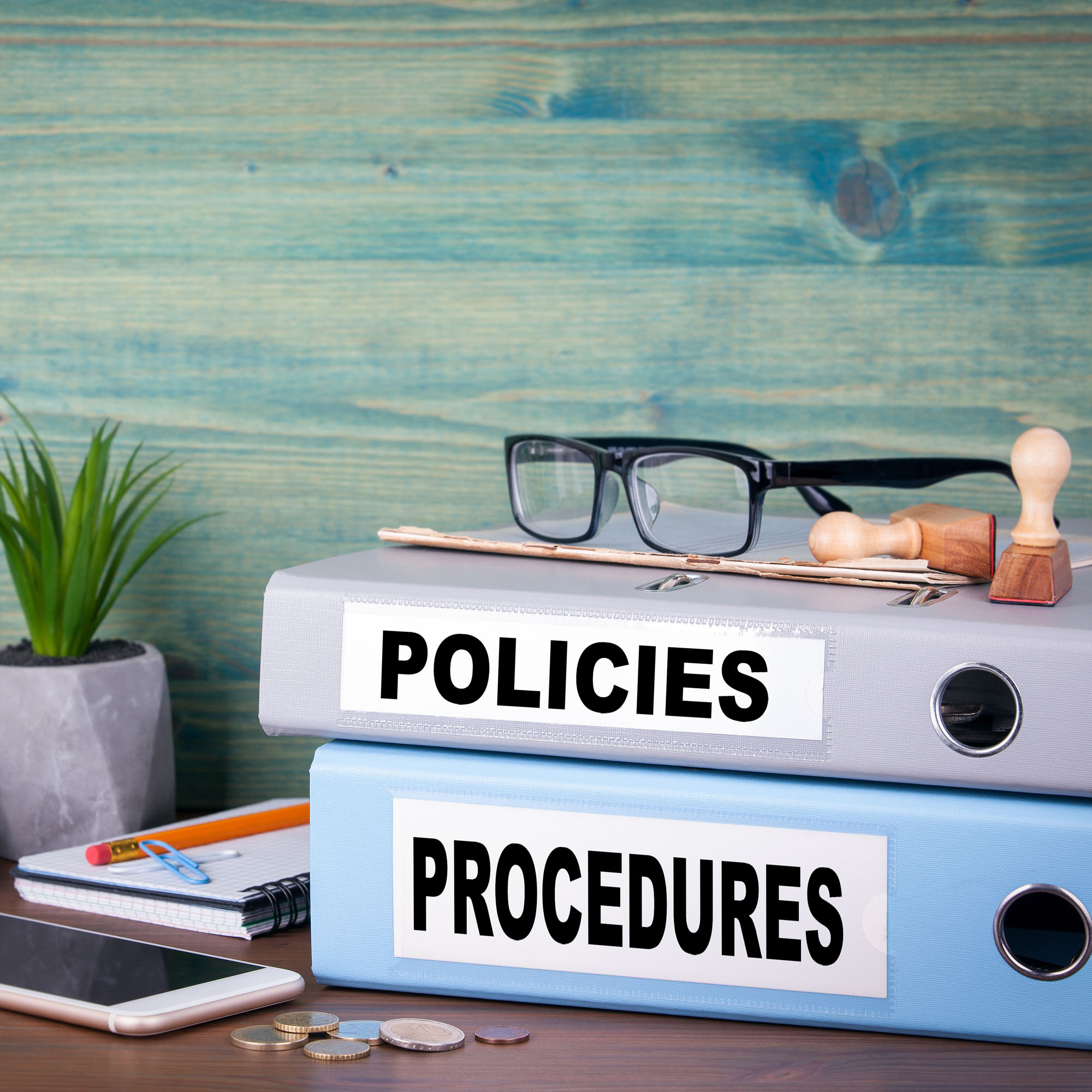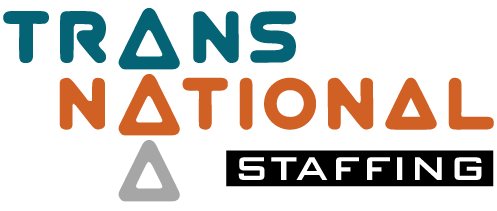
What does project-based staffing mean?
December 15, 2023
In Michigan, what types of payouts should I get upon termination?
December 31, 2023
Addressing performance concerns as an HR professional requires a thoughtful and systematic approach.
Here are steps you can take to handle concerns about an employee's performance:
Document Performance Issues:
Begin by thoroughly documenting specific instances of performance issues. Gather evidence, such as missed deadlines, errors in work, or any other relevant concerns.
Review Company Policies:
Familiarize yourself with your company's policies and procedures related to performance management. Ensure that you are following the established guidelines.
Schedule a Meeting:
Arrange a private meeting with the employee to discuss your concerns. Choose a neutral and comfortable environment for the discussion.
Prepare for the Meeting:
Clearly outline the performance issues you have observed, and be prepared to provide specific examples. Use factual language and avoid making subjective judgments.
Use Active Listening:
Allow the employee to express their perspective on their performance. Actively listen to their concerns and be open to understanding their point of view.
Seek Root Causes:
Explore potential reasons behind the performance issues. There might be underlying problems, such as lack of training, personal issues, or communication challenges.
Establish a Performance Improvement Plan (PIP):
Collaboratively develop a Performance Improvement Plan (PIP) if appropriate. The plan should outline clear expectations, measurable goals, and a timeline for improvement.
Provide Support and Resources:
Identify any support or resources the employee might need to improve their performance. This could include additional training, mentoring, or access to relevant tools.
Follow Up Regularly:
Schedule regular check-ins to monitor progress and provide feedback. Adjust the PIP if necessary and acknowledge improvements.
Document All Interactions:
Maintain thorough documentation of all interactions, including meetings, agreements, and progress reports. This documentation can be essential if further action is required.
Involve Higher Management if Necessary:
If the employee's performance does not improve despite interventions, involve higher management or leadership. They can provide additional insights and support.
Consider Termination as a Last Resort:
If, after extensive efforts, the employee's performance remains unsatisfactory and other interventions have failed, termination may be considered. Ensure that all proper procedures and legal requirements are followed.
Remember to approach these situations with empathy and a focus on improvement. Strive to create a supportive environment where employees feel they have the opportunity to address and overcome performance challenges. Always consult with legal and HR experts to ensure employment laws and regulations compliance.




